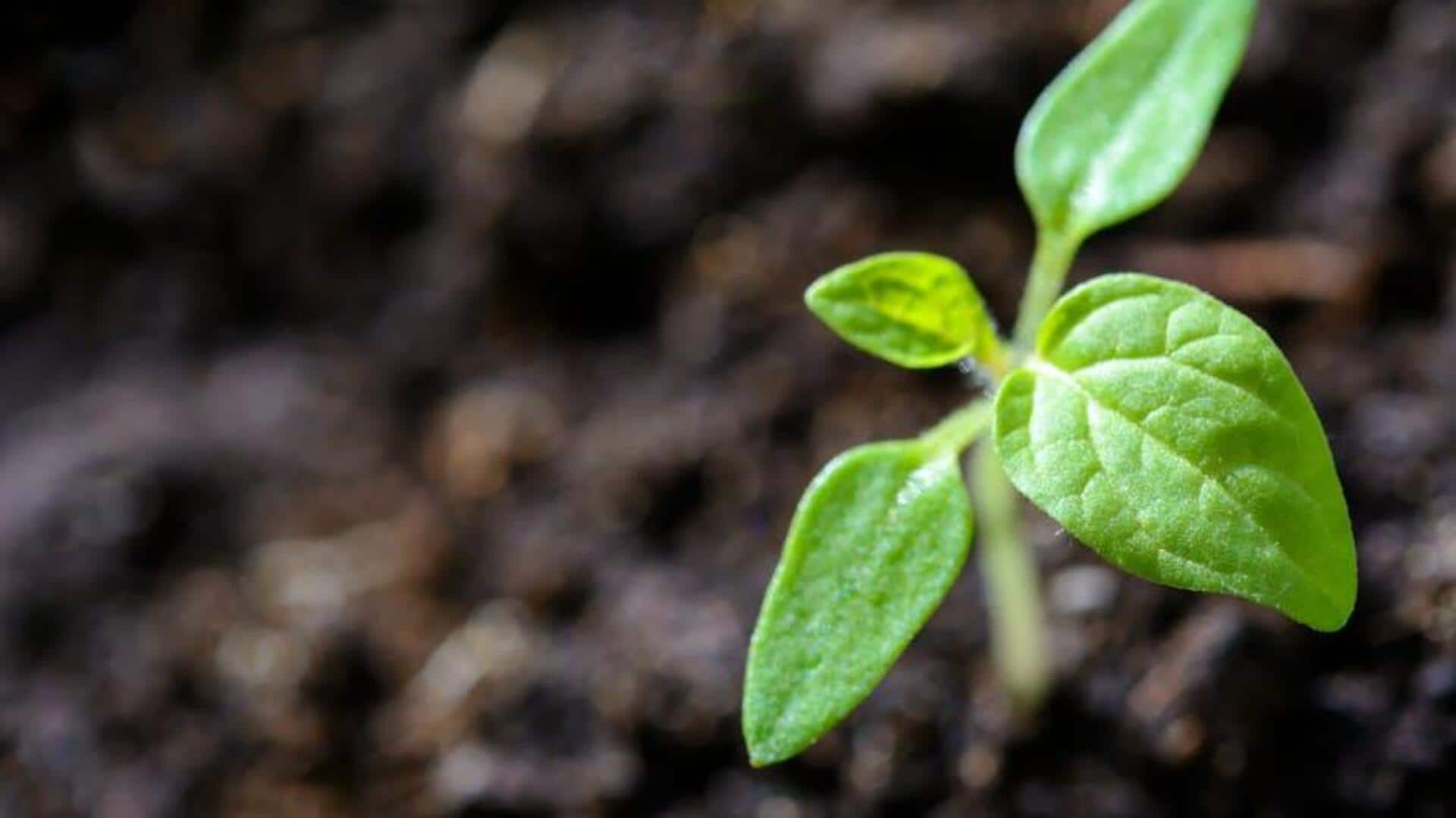
Plant parenting 101: How pasta water can nourish your plants
What's the story
Using pasta water for growing plants is a smart and sustainable gardening trick.
The leftover water you use for boiling pasta comes packed with nutrients for your plants.
The starches and minerals present in the water can enrich the soil and make your plants healthier.
This kitchen byproduct can cut down on your waste while giving your plants a natural boost.
Nutrient boost
Nutrient-rich benefits
Pasta water is full of starches and minerals that help plants grow.
The starch serves as a natural fertilizer, offering key nutrients that promote plant growth.
Meanwhile, the minerals in pasta water can improve soil structure, making it easier for the soil to retain moisture and support root growth.
Application tips
How to use pasta water effectively
To use pasta water the right way, make sure it's unsalted before using it on your plants. Salt can damage plant roots and soil health.
Let the pasta water cool before dousing it at the base of your plants or mixing with regular watering routines. This helps introduce nutrients into the soil without thermal shock.
Usage guidelines
Frequency of application
Applying pasta water once every week or two is usually enough for most plants.
Overdoing it might cause nutrient imbalance or salt buildup if there's any leftover salt in the water.
Observing how your plants respond will tell you if you need to tweak it further according to their individual requirements.
Sustainability aspect
Environmental impact considerations
Using pasta water for plant growth boosts environmental sustainability by cutting down kitchen waste and reliance on chemical fertilizers.
It promotes an eco-friendly solution, contributing to a circular economy where resources are recycled efficiently within the home.
It also encourages the growth of healthier ecosystems with natural gardening methods, contributing to sustainable living.